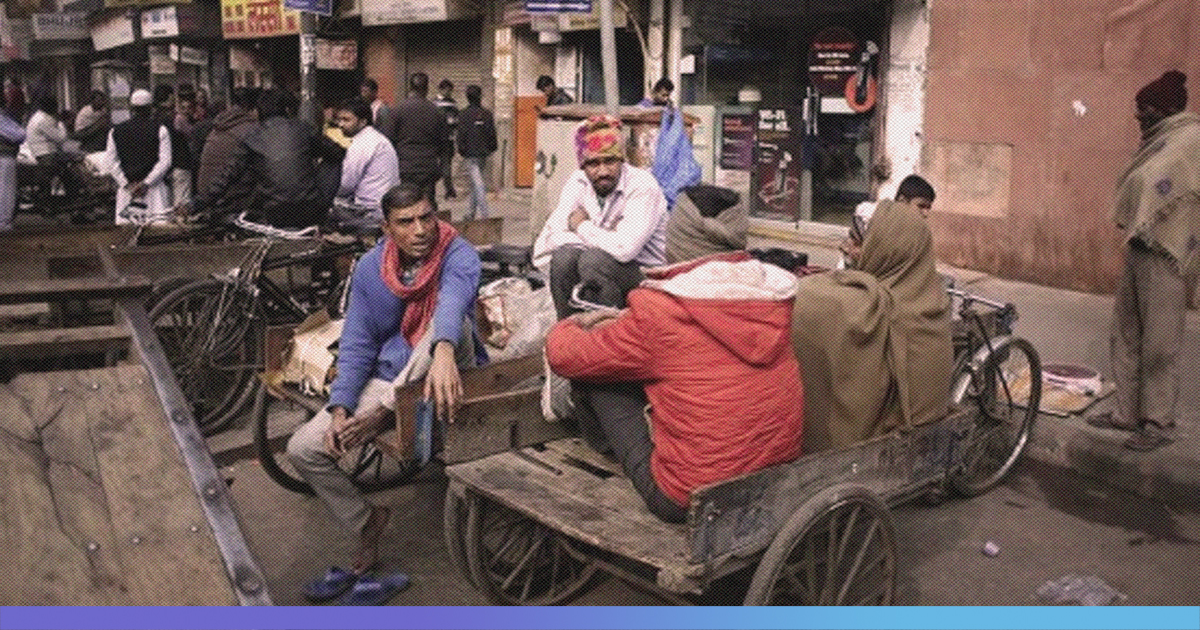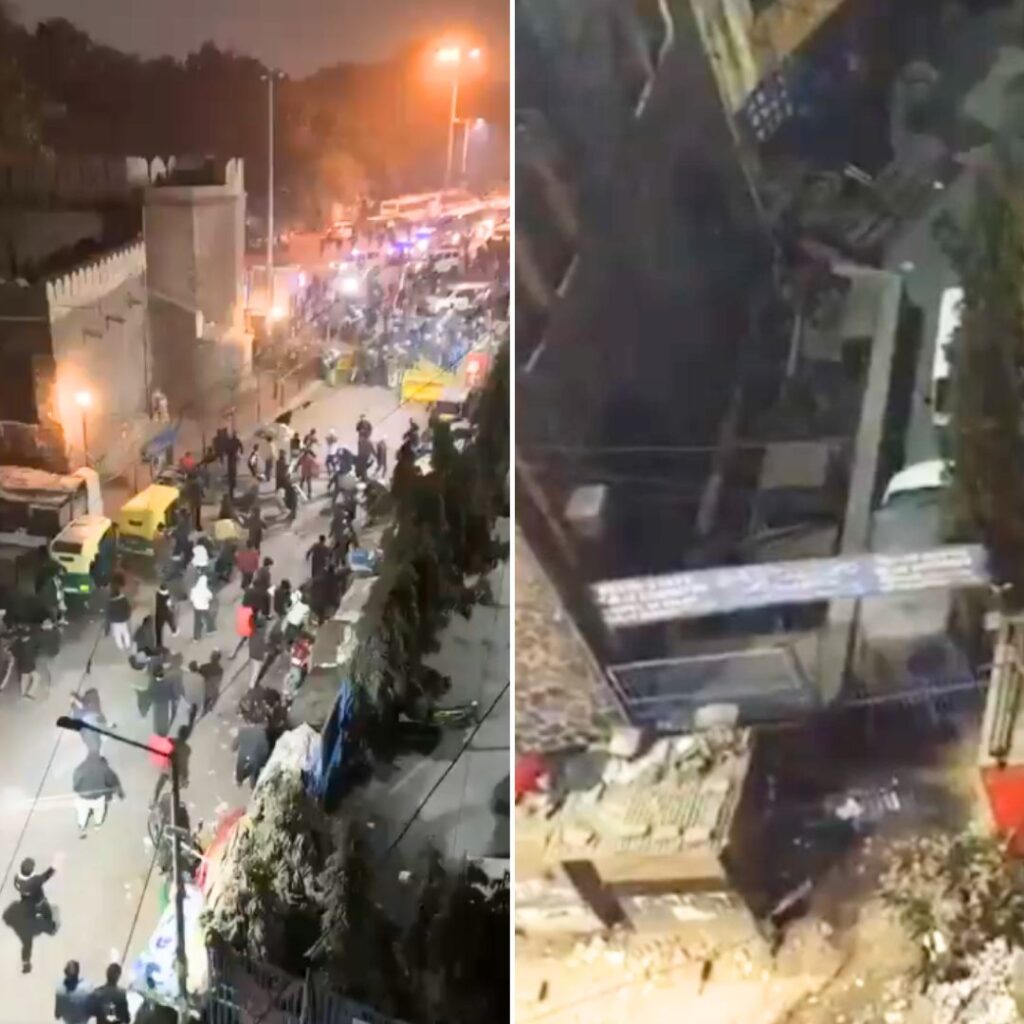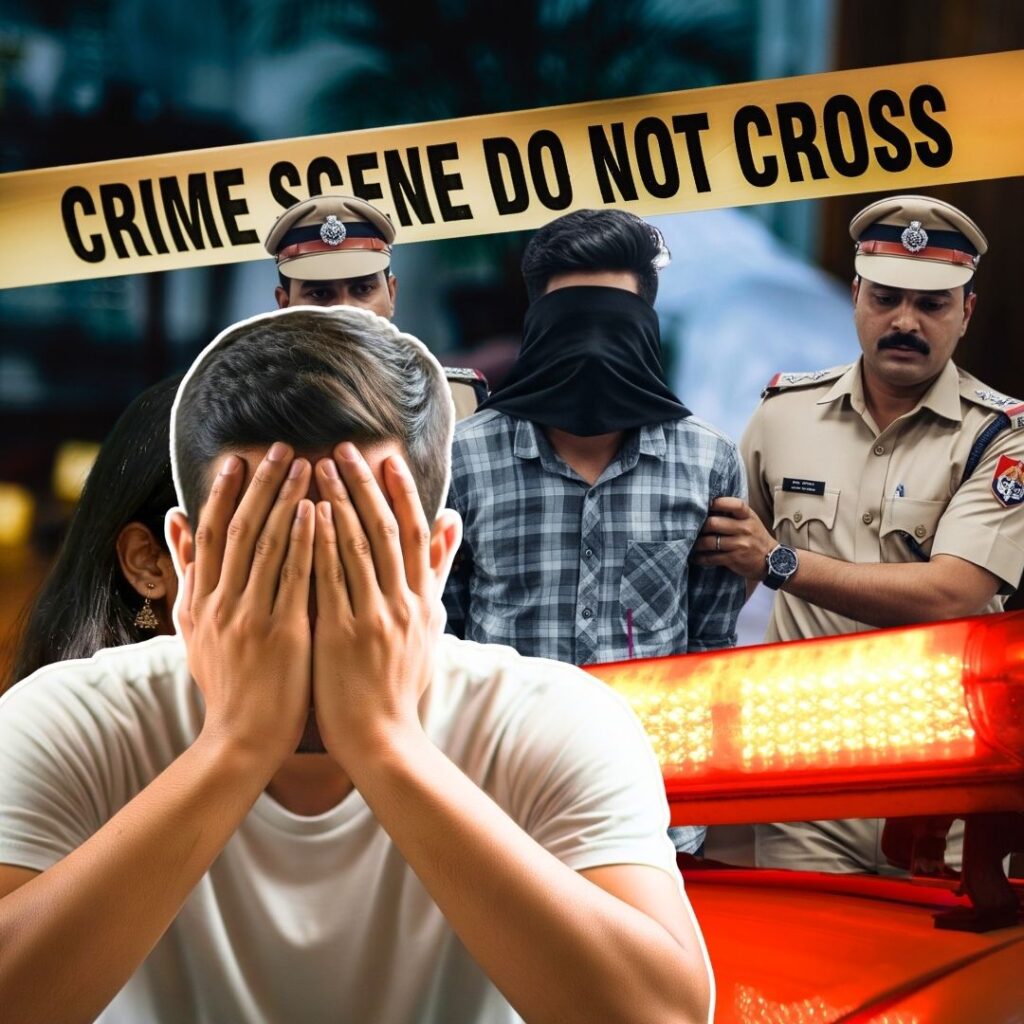One of the major issues that modern India faces is that of rapidly growing internal migration. As per the Economic Survey of India 2017, between 2011 and 2016, the number for inter-state migration stood at 9 million annually.
The migrant workforce often stands at the risk of having a sub-standard quality of life. Common issues faced by them include non-payment of wages, physical abuse, poor access to healthcare, etc.
Notably, this section of people doesn’t enjoy proper representation either. A 2011 study by Aajeevika Bureau in 2011 revealed that at least 60% of India’s internal migrants could not vote at least one of the elections. Interestingly, while the Report of the Working Group on Migration prepared by the government in 2017 did recognise the issues faced by the internal migrant population, however, there was a lack of steps taken to make it any better.
Ever Increasing Magnitude Of Internal Migrants
Author of ‘India Moving: A History of Migration’ in his article for LiveMint writes, “The great Indian migration wave, which is semi-permanent, male-dominated, remittance-based, is the world’s largest and longest voluntary stream of migration. There are over 100 million migrant workers in India.”
Population explosion and a widening imbalance between the poor and the rich, has induced rural to urban migration, thereby increasing the level of urbanization from 27.81% in 2001 to 31.16% in 2011. This despite the fact that the majority of the population is dependent on agriculture. Additionally, the Census 2011 showed that for the first time India’s urban population has grown faster than the rural population.
What Has Been Done, What Remains
The Inter-State Migrant Workmen (Regulation of Employment and Conditions of Service) Act of 1979 was passed to deal with the cause of migrant workers. The act is ambitious and seeks to guarantee wage at par with local labourers, right to return home periodically without loss of wage and right to Medicare and housing facilities. However, its enforcement has not been proper.
Any party that comes to power must address this issue giving it highest priority.
Also Read: Reverse Migration: “How I Went From Earning Just Rs 3,000 Per Month To Buying A Car Of Mine Own”










